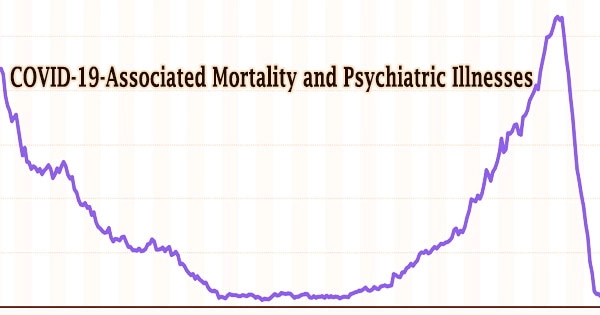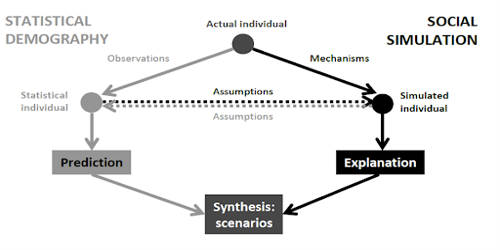Syndicalism is a revolutionary theory in which workers seize direct control of the economy and government. Anarcho-syndicalism is a political theory and anarchist school of thought that sees revolutionary industrial unionism or syndicalism as a way for workers in capitalist society to seize control of an economy and hence influence in the larger society. is based on the writings of French syndicalist theorist Georges Sorel (1847-1922). The ultimate goal of syndicalism is to abolish the wage system, which is viewed as wage slavery. As a result, an anarcho-syndicalist theory is primarily concerned with the labor movement.
Solidarity, direct action (activity conducted without the participation of third parties such as politicians, bureaucrats, and arbitrators), and direct democracy, or workers’ self-management, are the fundamental concepts of anarcho-syndicalism. Anarcho-syndicalists think their economic theories are a strategy for promoting proletarian self-activity and establishing an alternative co-operative economic system based on democratic ideals and production-oriented on addressing human needs.
According to anarcho-syndicalists, the primary goal of the state is to protect private property in the form of capital goods, and thus economic, social, and political privilege. By preserving the status quo, the state denies the majority of its inhabitants the ability to enjoy material independence and the social autonomy that comes with it.
Two fundamental parts of syndicalist thought are particularly intriguing to anarchists seeking to engage with the larger people and help to create anarcho-syndicalism. For starters, syndicalists consider all forms of parliamentary and liberal democratic politics to be corrupted and ineffective. Workers should emancipate themselves through their own institutions, seizing power through direct action (e.g., strikes, boycotts, sabotage, and personal violence). Second, anarchists see the syndicate or union as a model for their ideal future society, which is decentralized and horizontal (non-hierarchical).
Anarcho-syndicalism, like the anarchist theory that inspired it, is based on the premise that power corrupts and that any hierarchy that cannot be ethically justified must be demolished.
Its political strategy is unclear, relying primarily on a belief in the transformative power of a general strike. Anarchist critics claim that anarcho-concentration syndicalism’s on producers and class conflict gives a limited vision of a free society and that its emphasis on trade union organization can lead to short-term reformist goals rather than revolution.
















